
by bartmann | Apr 4, 2024
This course continues the exploration of the United States Supreme Court and its role in deciding fundamental social questions. After an introductory class on the Court, we will focus on landmark cases involving race in education, abortion, Second Amendment, and...
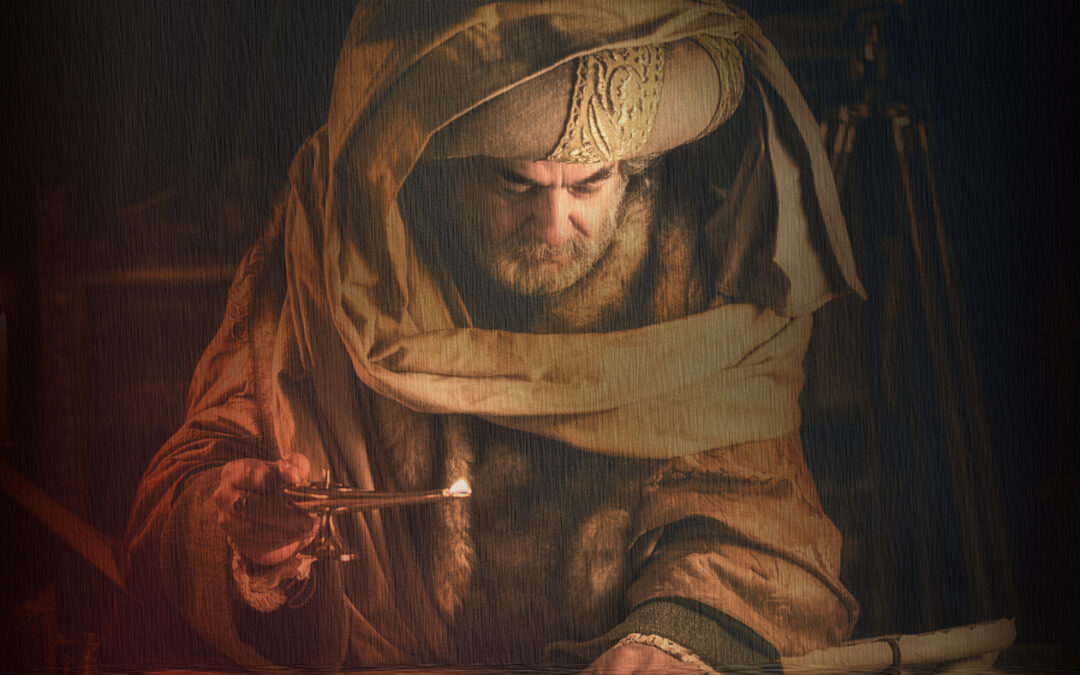
by bartmann | Apr 4, 2024
Over the past 1,400 years, numerous Muslims have contributed to the rich intellectual traditions of Islam. These thinkers explored theology, philosophy, mysticism, and science. Yet few of them are known today by educated Americans. This seminar aims to introduce a...
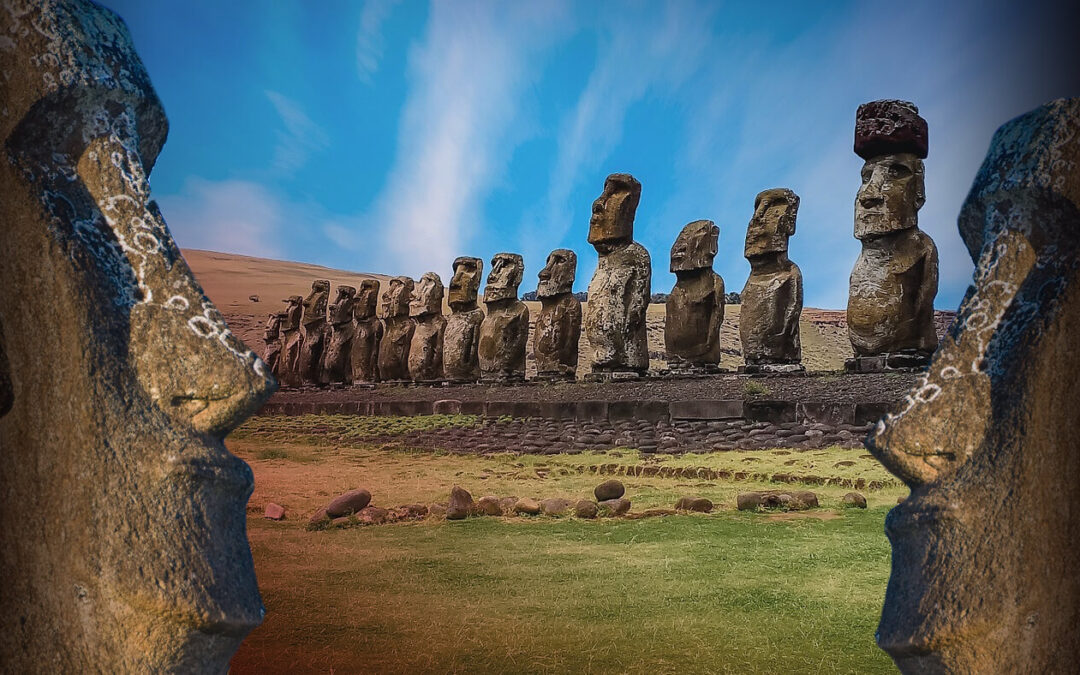
by bartmann | Apr 4, 2024
This seminar will critically examine what we know about Rapa Nui’s spectacular archaeological history. Over the past two decades, intensive multi-disciplinary research led by the instructor has dramatically transformed our understanding of this remarkable and...
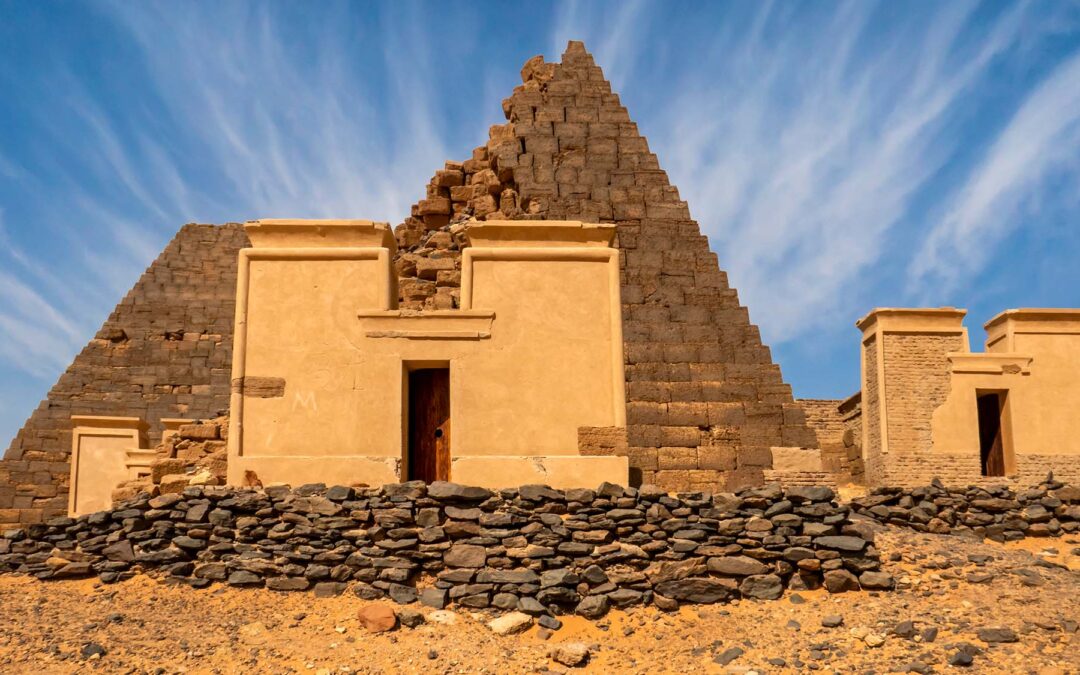
by bartmann | Apr 4, 2024
This course will examine the little-known “silent partner” to ancient Egypt’s grandeur: Nubia. The source of technologies, raw goods (e.g., gold), mercenaries, and considerable interconnections, Nubia shaped ancient Egypt far more extensively than is...

by bartmann | Apr 4, 2024
Join Dorrance Dean A-P Durand and Distinguished Professor Melissa Fitch as they take you on an unusual seminar that delves into the dance, literature, nature, urban art, cuisine, and the cultural significance of the “beautiful game” in two of South...

by bartmann | Apr 4, 2024
We are immersed in popular culture during most of our waking hours. It is on the radio, television, our computers, and smartphones that we access the Internet and streets and highways in the form of advertisements and billboards. It is in newspapers, movie theaters,...

by bartmann | Apr 4, 2024
The year 2023 commemorates the 210th anniversary of the birth of Giuseppe Verdi (1813–1901), and in this course, we consider his achievements as an opera composer. An overview of Verdi’s life and career takes up the initial class session, including the musical...

by bartmann | Apr 4, 2024
The COVID-19 pandemic has given rise to many legal and sociopolitical debates. This course will review the US Supreme Court’s role in those debates. The course will start off with a review of the Court’s 2020-2021 term. We will then explore in greater detail...

by bartmann | Apr 4, 2024
This seminar is a critical examination of the many areas which lie near science but which are not (for the most part) science, often called “marginal science” or “pseudoscience.” We will begin by examining scientific method and discovery science, falsifiability, and...

by bartmann | Apr 4, 2024
Before his tragic murder at the hands of fascist rebels against Spain’s democracy in 1936, Federico García Lorca had established himself as one of Europe and the Hispanic World’s most promising young writers. His poetry brought to the explosion of avant-garde...
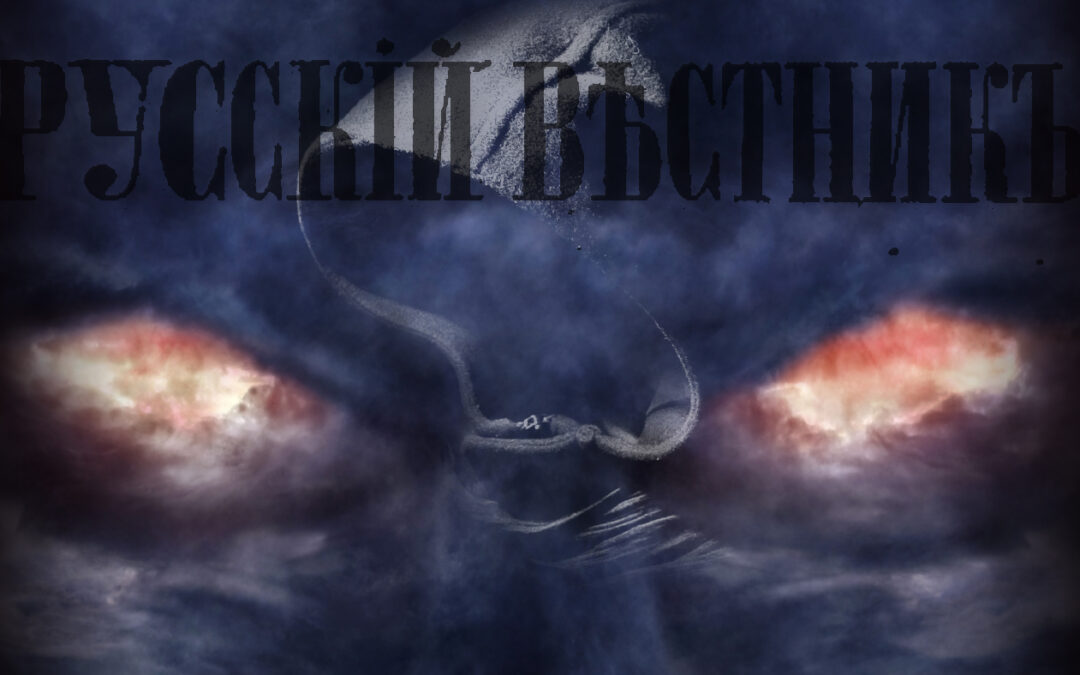
by bartmann | Apr 4, 2024
Dostoevsky’s Demons (1872) – according to Alexander Solzhenitsyn in 1970 – “are crawling across the whole world in front of our very eyes, infesting countries where they could not have been dreamed of” and “announcing their determination to shake and destroy...

by bartmann | Apr 4, 2024
This course will focus on the scientific field of dendrochronology (from dendron=tree and chronos=time), or tree-ring science, and what it can tell us about the past, present and future. We will explore the fascinating history of how the science was developed by a...
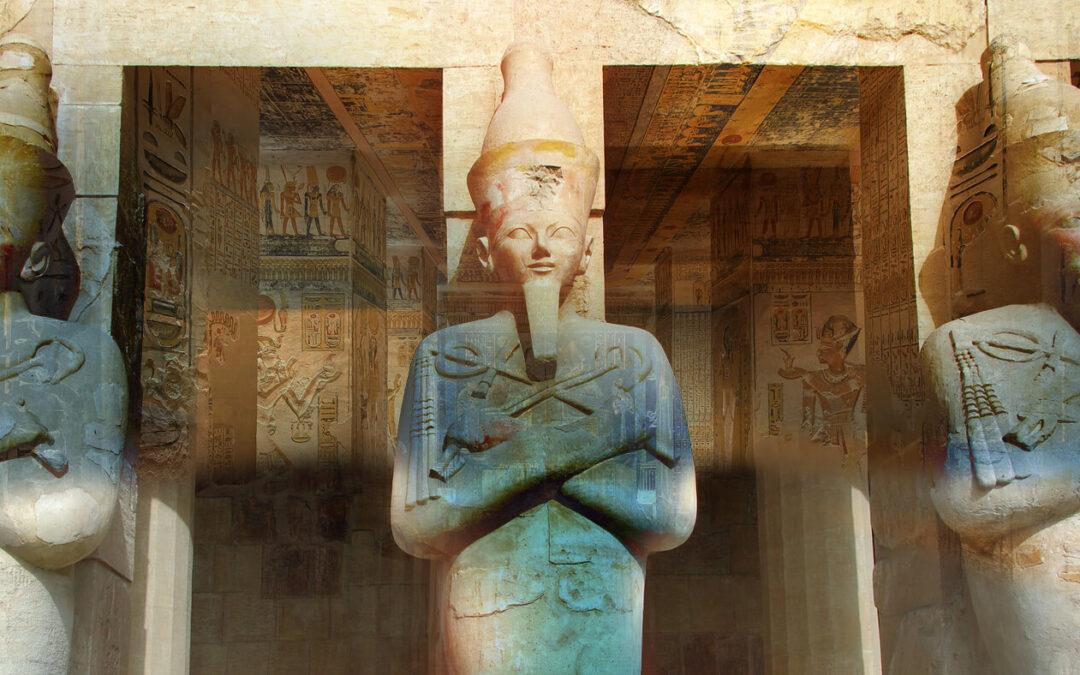
by bartmann | Apr 4, 2024
This course will survey the fundamentals of ancient Egyptian religion, from the Predynastic period (ca. 4000 BC) to the end of the New Kingdom (ca. 1000 BC). Material will be covered both diachronically and synchronically. This course offers an examination of...
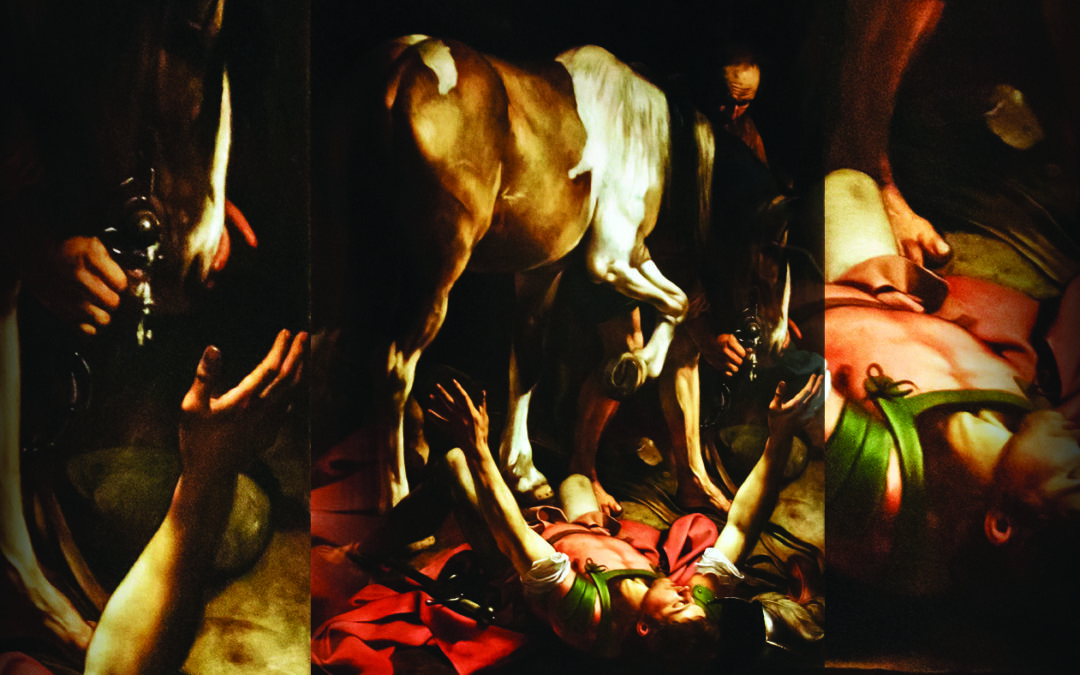
by bartmann | Apr 4, 2024
Michelangelo Merisi da Caravaggio (1571-1610) was both a beloved and rejected painter of the Baroque era. His paintings, which often included realistic figures, theatrical lighting, and dark, obscure settings activated a deep sense of spiritual contemplation for many....

by bartmann | Apr 4, 2024
Images of Hinduism and Hindu deities have been integrated into our collective imagination as part of American popular culture. From the cover of Jimi Hendrix’s Axis: Bold as Love, photos of the Beatles seated alongside Maharishi Mahesh Yogi, the goddess on the cover...

by bartmann | Apr 4, 2024
Saints and cult sites were central to religious practice in the Christian Middle Ages. This course examines four sites (Qalʿat Simʿān, Constantinople, Conques, and Chartres) to find evolving concepts of sanctity and forms of cultic practice in medieval sociopolitical...
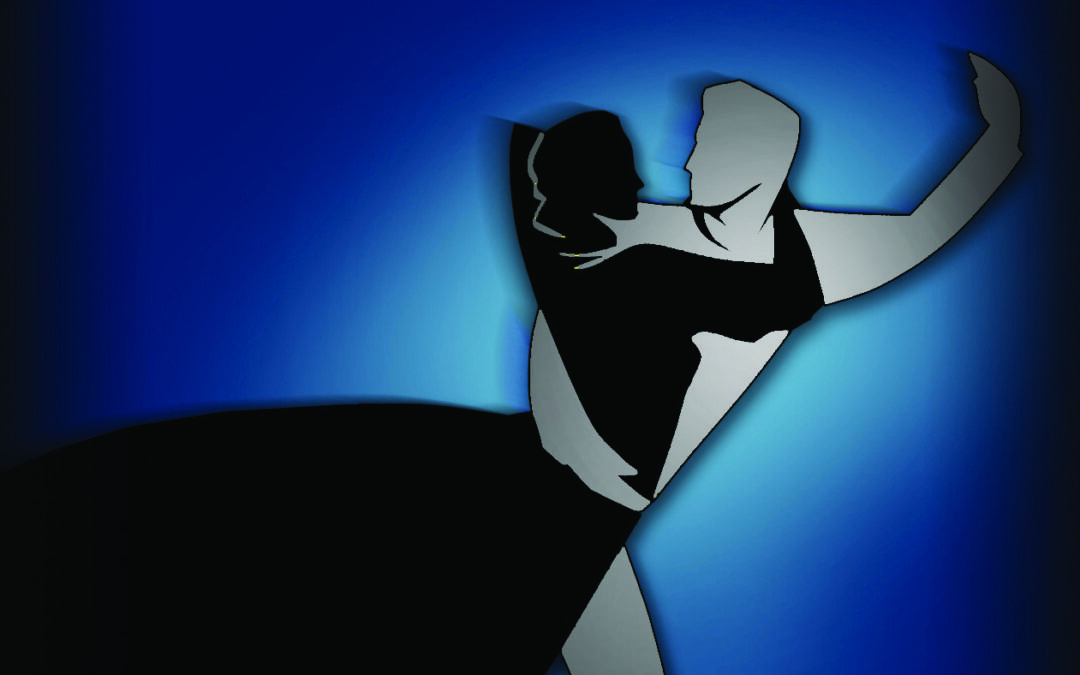
by bartmann | Apr 4, 2024
Explore the history and significance of Musical Theatre Dance in the American Musical Theatre genre. Musical Theatre Dance has evolved through the years thanks to many significant choreographers. We will examine the work and style of many of these influential...

by bartmann | Apr 4, 2024
Moderate Democrats blame progressives for their divisions, and Republicans use them to depict Democrats as socialists. We will look beyond these partisan divisions to consider how our times parallel those of the Progressive Era. One has to go back a century to find...
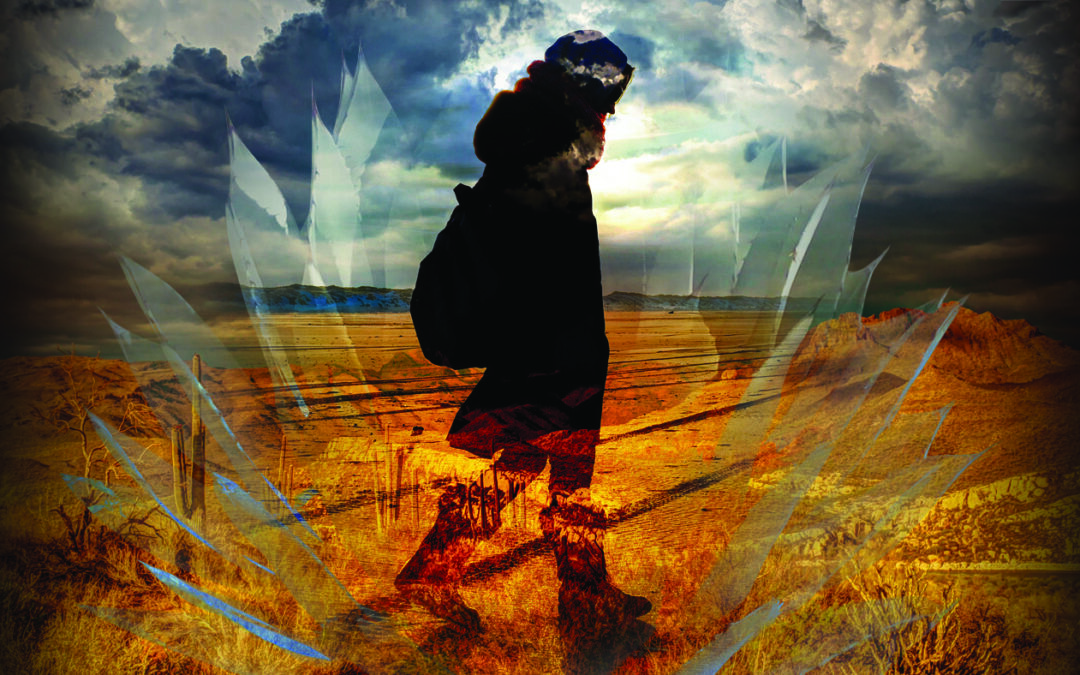
by bartmann | Apr 4, 2024
Arid and semiarid environments, commonly known as “deserts,” make up about one-third of the earth’s land surface and are home to more than one billion people. We will begin this course by discussing the geographical features of desert regions,...

by bartmann | Apr 4, 2024
This course will cover the history of the oldest field of science, from prehistory and the ancient Greeks to research on the earliest instants of our 14-billion-year-old universe. We will be looking at the history of ideas and discoveries and the more profound...





















